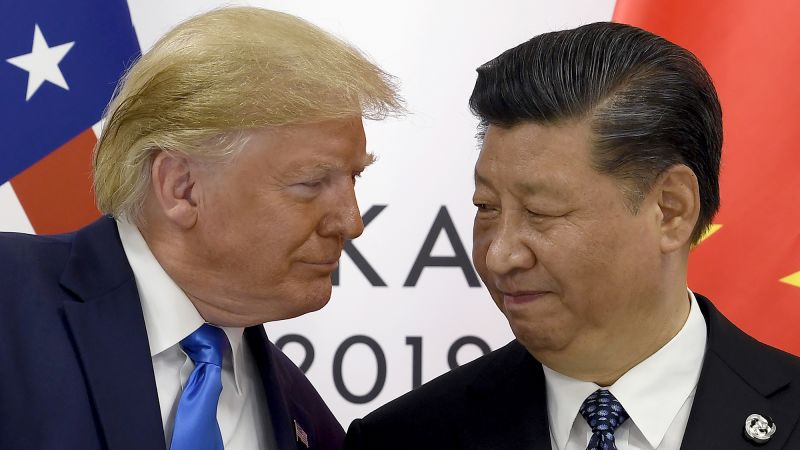Imagine the scene on January 20, on the west front of the US Capitol as Donald Trump swears to preserve, protect, and defend the Constitution, with an extraordinary VIP guest looking on – Xi Jinping, the hardline leader of China. This is an extraordinary pairing, given that Trump’s supporters rioted on this same spot just four years ago.
The scene is fantastical because even before sources confirmed Xi wouldn’t attend, it was clear it couldn’t happen. Trump’s invitation to Xi is a stunning development that would put the Chinese President in a difficult position, making it hard for him to accept without appearing to endorse a democratic transfer of power, anathema to an autocrat in a one-party state.
Trump’s invitation to Xi is a significant move that sheds light on the president-elect’s confidence and ambition as he wields power ahead of his second term. He’s also been asking other world leaders if they want to come to the inauguration, a break with convention.
This move is part of Trump’s approach to foreign policy, which is often described as grand and gesture-driven, with an emphasis on personality over substance. His willingness to trample diplomatic codes with his unpredictable approach has raised eyebrows.
The president-elect’s hardline stance on China is evident in his selection for secretary of state, Florida Sen. Marco Rubio, and national security adviser, Florida Rep. Mike Waltz, who see China as a multi-front threat to the United States.
Lily McElwee, deputy director and fellow in the Freeman Chair in China Studies at the Center for Strategic and International Studies, sees Trump’s move as a way to disrupt the tone of the relationship, saying it’s a “very cheap carrot” that doesn’t undermine US interests.
The rivals are at odds over Taiwan, with China regarding it as part of its territory and the United States potentially defending it. China is also increasing its cooperation with other US foes, like Russia, North Korea, and Iran. Air and naval forces of the two main Pacific powers often come close to clashes in the South and East China seas.
Trump’s approach has left foreign governments puzzling over how to handle the new US president. Is his hardline stance characterized by his hawkish officials and policies or by his off-the-cuff moves, which reveal a zeal for deals and sitting at the negotiating table with the world’s tough-guy leaders?
Trump’s invitation to Xi might feel chaotic, but it can still work. His unpredictability can tip rivals off balance and open potential advantages for the US. For instance, any success in peeling Xi away from Iran, Russia, and North Korea would be a huge foreign policy win, despite other differences with China.
However, one cannot help but question whether Trump’s foreign policy, characterized by its unpredictability, delivers durable results. His views on China are confusing, as he sees its mercantilist policies as a direct threat to the US, but still wants to be friends with Xi. His invitation to Xi might be an opening move in a pan-Pacific great game that will define his second term.

